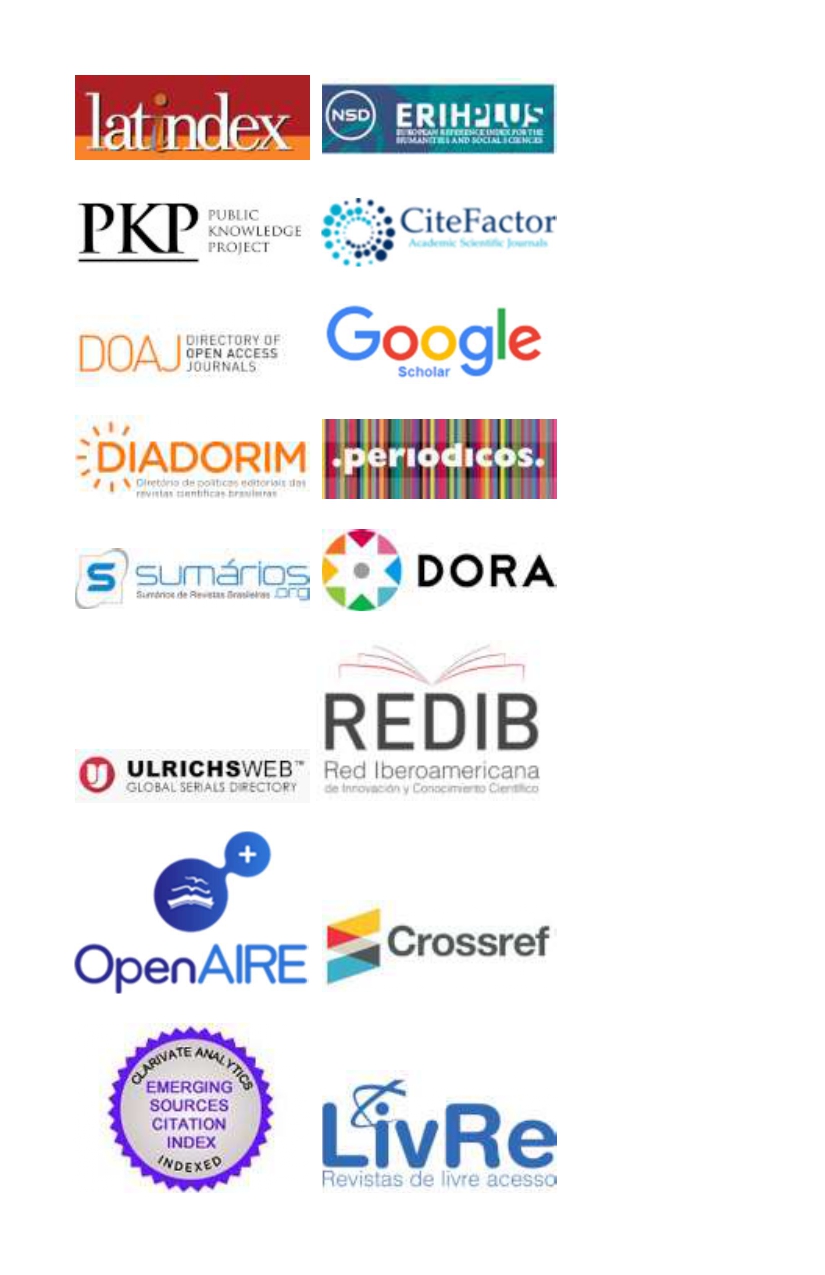DECIDING TOGETHER
DOI:
https://doi.org/10.21783/rei.v1i1.10Palabras clave:
Collective Action, Decision-Making, Seriatim Courts, Per Curiam Court, Majoritarian CourtsResumen
What protocol should participants in a collective decision making institution follow? Analysts often implicitly assume that each participant should decide as if she were deciding alone. This essay argues that, in many institutional contexts, the normatively appropriate protocol for deciding together differs from the protocol of deciding alone. The argument is developed through the analysis of two prominent collective decision institutions: the jury and the appellate court.Descargas
Citas
KENNETH ARROW, SOCIAL CHOICE AND INDIVIDUAL VALUES (2nd ed., 1963).
David Austen-Smith & Jeffrey Banks, Information Aggregation, Rationality and the Condorcet Jury Theorem, 90 AMERICAN POLITICAL SCIENCE REVIEW 1 (1996).
RONALD DWORKIN, LAW’S EMPIRE (1988).
John Ferejohn & Pasquale Pasquino Constitutional Adjudication: Lessons from Europe, 82 TEXAS LAW REVIEW 7 (2004).
Christian Genest, A Characterization Theorem for Externally Bayesian Groups, 12 THE ANNALS OF STATISTICS 3 (1984).
Lewis A. Kornhauser, Modeling Collegial Courts II. Legal Doctrine, 8 JOURNAL OF LAW, ECONOMICS & ORGANIZATION 3 (1992).
Lewis A. Kornhauser, Designing Collegial Courts (mimeo, 2011).
Lewis A. Kornhauser & Lawrence G. Sager, The One and the Many: Adjudication in Collegial Courts, 81 CALIFORNIA LAW REVIEW 1 (1993).
MITCHEL LASSER, JUDICIAL DELIBERATIONS (2009).
Christian List & Robert E. Goodin, Epistemic Democracy: Generalizing the Condorcet Jury Theorem, 9 JOURNAL OF POLITICAL PHILOSOPHY 3 (2001).
CHRISTIAN LIST & PHILIP PETTIT, GROUP AGENCY: THE POSSIBILITY, DESIGN AND STATUS OF CORPORATE AGENTS (2011).
Descargas
Publicado
Cómo citar
Número
Sección
Licencia
Autores que publicam nesta revista concordam com os seguintes termos:
- Autores mantém os direitos autorais e concedem à revista o direito de primeira publicação, com o trabalho simultaneamente licenciado sob a Licença Creative Commons Attribution que permite o compartilhamento do trabalho com reconhecimento da autoria e publicação inicial nesta revista.
- Autores têm autorização para assumir contratos adicionais separadamente, para distribuição não-exclusiva da versão do trabalho publicada nesta revista (ex.: publicar em repositório institucional ou como capítulo de livro), com reconhecimento de autoria e publicação inicial nesta revista.
- Autores têm permissão e são estimulados a publicar e distribuir seu trabalho online após a publicação na revista.






